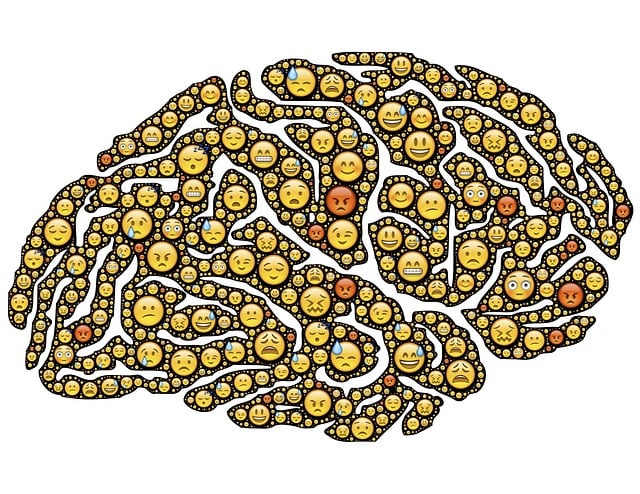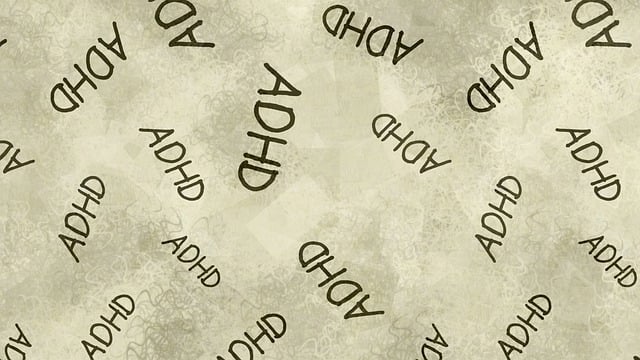Louisville Codependency Therapy (LCT) emphasizes cultural sensitivity as a key factor in effective mental health care, especially within diverse communities. By recognizing and respecting cultural backgrounds, therapists build trust and tailor strategies to address codependency issues rooted in systemic and cultural influences. LCT incorporates clients' beliefs, values, and traditions into sessions, encourages open dialogue through community stories and cultural metaphors, and advocates for policy changes to overcome systemic barriers. This holistic approach fosters emotional regulation, healing, and personal growth, ultimately leading to positive outcomes for all clients.
In today’s diverse society, cultural sensitivity is paramount in mental healthcare. Understanding and respecting different cultural contexts ensures effective treatment and fosters trust between therapist and client. This article explores these key aspects through three main lenses: understanding cultural sensitivity in mental healthcare, examining the Louisville Codependency Therapy approach that respects diversity, and providing strategies for culturally responsive practice. By delving into these topics, we aim to enhance therapeutic outcomes and promote inclusivity.
- Understanding Cultural Sensitivity in Mental Healthcare
- Louisville Codependency Therapy: An Approach That Respects Diversity
- Strategies for Culturally Responsive Practice in Therapy
Understanding Cultural Sensitivity in Mental Healthcare

Cultural sensitivity is a cornerstone in mental healthcare practice, especially in diverse communities like Louisville. It involves recognizing and appreciating the unique cultural backgrounds, traditions, and values that shape individuals’ experiences and interactions with mental health services. This awareness is crucial for building trust and ensuring effective therapy. For instance, understanding the nuances of communication styles across cultures can significantly impact the therapeutic process. Louisville Codependency Therapy, for example, must cater to clients from various ethnic and cultural backgrounds, employing tailored communication strategies that respect and embrace these differences.
By incorporating culturally sensitive practices, therapists facilitate emotional regulation and healing processes. This involves being mindful of potential power imbalances, adapting assessment tools, and demonstrating genuine interest in understanding clients’ perspectives. Effective therapy should address not only the mental health disorder but also the individual’s cultural context, ensuring that treatment aligns with their beliefs and values. Thus, culturally sensitive mental healthcare becomes a transformative force, promoting positive outcomes for all individuals seeking support.
Louisville Codependency Therapy: An Approach That Respects Diversity

Louisville Codependency Therapy (LCT) is a unique and culturally sensitive approach to mental healthcare that respects and values diversity. By focusing on codependency issues, LCT goes beyond traditional therapy models, acknowledging that many individuals struggle with unhealthy relationships and boundaries as a result of systemic and cultural influences. This holistic practice emphasizes the importance of understanding one’s identity within their specific community and social context.
Incorporating principles of positive thinking and self-care, LCT aims to enhance public awareness campaigns development related to mental health, especially among marginalized communities. By fostering a safe and inclusive environment, therapists using this method encourage clients to explore their cultural identities, promote healing, and foster personal growth. This approach not only benefits individuals but also contributes to the broader goal of improving Cultural Sensitivity in Mental Healthcare Practice.
Strategies for Culturally Responsive Practice in Therapy

In the realm of Louisville Codependency Therapy, fostering culturally sensitive practices is paramount to ensuring effective treatment and building trust with diverse clients. Therapists can embrace cultural responsiveness by incorporating clients’ cultural beliefs, values, and traditions into therapy sessions. This approach respects individuals’ identities and creates a safe space for them to openly discuss their experiences and challenges. For instance, therapists could encourage clients to share stories from their communities or use cultural metaphors to explain therapeutic concepts, making the process more relatable and engaging.
Integrating mental health policy analysis and advocacy into culturally responsive practice is also beneficial. Therapists can help clients understand their rights and navigate systemic barriers, addressing broader societal influences on mental well-being. Additionally, promoting self-care routine development for better mental health can be tailored to meet the unique needs of different cultural backgrounds, including trauma support services as many individuals carry intergenerational trauma that requires specialized attention. Such strategies not only enhance therapeutic outcomes but also contribute to a more inclusive and effective mental healthcare system.
Incorporating cultural sensitivity into mental healthcare practices, such as the innovative Louisville Codependency Therapy approach, is no longer a consideration but a necessity. By understanding and respecting diverse cultural backgrounds, therapists can create more inclusive and effective treatment plans. The strategies outlined in this article provide a roadmap for navigating these complexities, ensuring that all clients receive the highest quality of care tailored to their unique needs. Embracing cultural responsiveness in therapy not only enhances therapeutic outcomes but also fosters a more just and equitable healthcare system.














